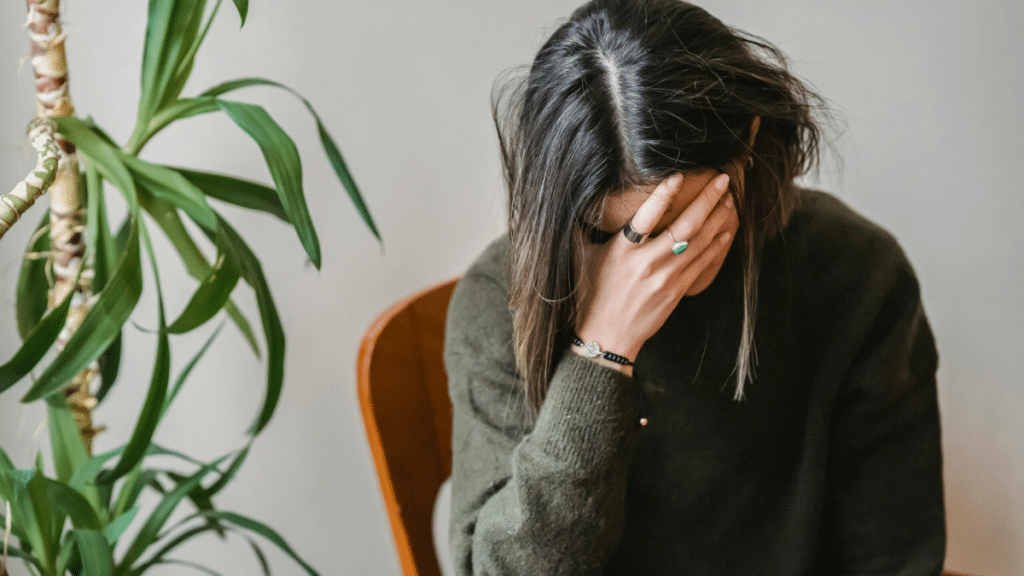Mental health and substance use are closely connected—but which one comes first? For many, mental illness can be a driving factor behind substance abuse, and understanding that connection is key to finding effective, compassionate treatment.
If you or someone you care about is struggling with both mental health challenges and drug or alcohol use, you’re not alone. Fortunately, integrated treatment options—like San Diego rehab programs that focus on the whole person—are designed to address both sides of the issue.
The Link Between Mental Illness and Substance Use
People living with mental health disorders often turn to drugs or alcohol as a form of self-medication. This can provide temporary relief—but ultimately leads to deeper struggles with addiction.
According to the National Institute on Drug Abuse (NIDA), approximately 50% of individuals with a mental illness will also experience a substance use disorder at some point in their lives, and vice versa [source].
Why the Link Exists:
- Symptom relief: Substances may dull anxiety, depression, or PTSD symptoms—at least temporarily.
- Brain chemistry overlap: Both mental illness and addiction affect similar areas of the brain, such as the reward and emotional regulation systems.
- Trauma history: People with trauma—especially unprocessed childhood trauma—are at greater risk for both mental illness and substance use.
- Social and environmental stress: Stigma, isolation, poverty, or lack of support can lead to both conditions simultaneously.
Common Mental Illnesses That Can Lead to Substance Abuse
While any mental health condition can increase vulnerability to substance use, some are especially closely linked:
1. Depression
Feelings of hopelessness and low energy can lead individuals to misuse alcohol or depressants in an attempt to cope.
2. Anxiety Disorders
People with social anxiety or panic disorders may use alcohol, benzodiazepines, or cannabis to relax or “numb” their fears.
3. PTSD and Trauma
Trauma survivors, especially veterans or victims of abuse, may turn to substances to block out intrusive memories or hyperarousal symptoms.
4. Bipolar Disorder
During manic episodes, individuals may engage in impulsive drug or alcohol use. During depressive phases, they may self-medicate to escape emotional pain.
5. ADHD
Stimulants and substances like nicotine or cannabis may be misused to manage symptoms like restlessness or focus issues—especially in undiagnosed adults.
What Is a Co-Occurring Disorder?
When someone has both a mental health disorder and a substance use disorder, it’s called a co-occurring disorder (also known as dual diagnosis). These conditions interact in complex ways and require integrated treatment that addresses both at the same time.
Unfortunately, many traditional treatment programs focus on just one issue—often ignoring how intertwined these struggles are. That’s why it’s so important to seek care through a comprehensive program that understands the full picture, like what’s offered through specialized San Diego rehab centers.
Why Integrated Treatment Is Essential
Treating mental illness and substance use separately rarely leads to lasting success. Here’s what an effective dual diagnosis program typically includes:
- Psychiatric evaluation and diagnosis
- Individual and group therapy, such as CBT or trauma-informed care
- Medication management for mental health and/or addiction
- Skill-building for stress, triggers, and relapse prevention
- Peer support and holistic practices, like mindfulness and movement therapies
This type of care doesn’t just manage symptoms—it supports deep healing across mind, body, and behavior.
You Deserve Support That Understands Both
If you’ve been wondering why recovery has felt so hard, or why you keep returning to substances despite your best intentions, the answer might lie in unaddressed mental health issues. You’re not weak—you’re human. And help is available.
At every stage of recovery, compassionate providers in San Diego rehab programs are ready to walk with you through both mental and substance-related challenges—so you don’t have to face either one alone.
Explore These Trusted Resources:
Ask ChatGPT

